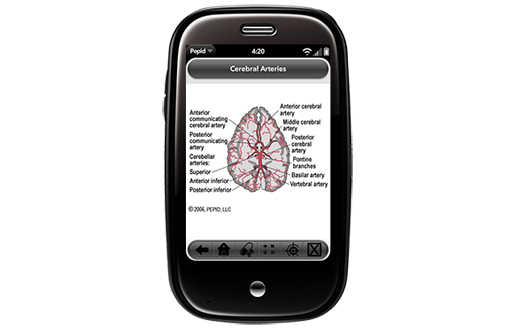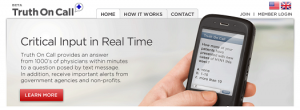PEPID Launches Mobile App to Provide Anywhere Accessible Medical Information

PEPID has released a medical application for the Palm Pre. The new PEPID app is designed specifically for the device’s Web OS and provides healthcare providers access to life-saving protocols, drug interactions and other patient care information directly from the device.
The company is also developing the app for other devices and operating systems, and the next big release will be for the Google Android platform.
“PEPID contains the most extensive drug database on the market today, thousands of disease profiles and medical conditions, medical and dosing calculators, a drug interactions checker, along with numerous illustrations, laboratory values, and a differential diagnosis generator, all available on the Palm Pre.”
Smartphones have been playing a powerful role in the healthcare industry as of late. With anywhere access and unlimited information, users now have accessible, and even life-saving tools. A man survived the earthquake in Haiti with the help of an iPhone first-aid app that taught him how to treat his wounds. The NPR iPhone app also helped a doctor save a woman’s life after a stroke. While some see mobile as a channel for entertainment, it is proving itself to be useful in emergency situations as well.











